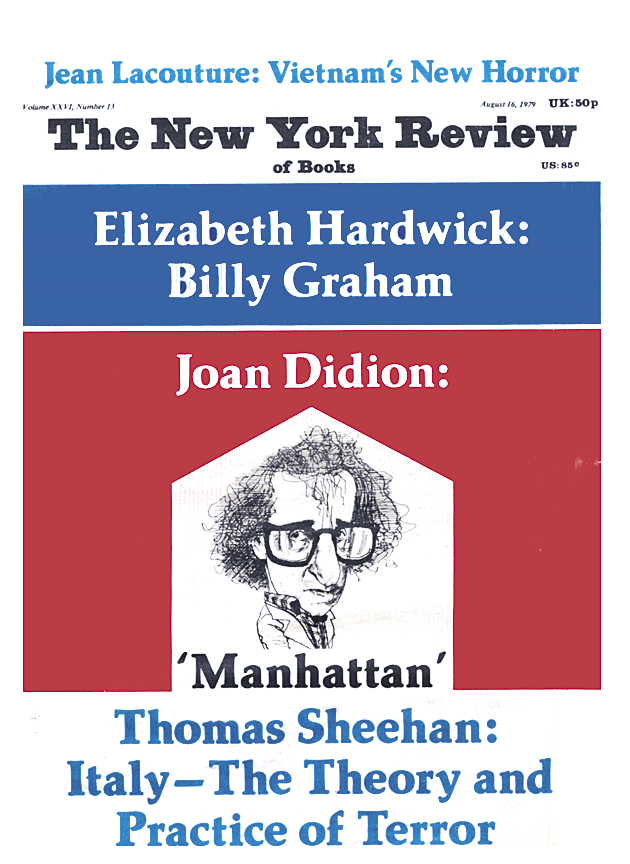To the Editors:
The following letter may be of interest to your readers:
Mr. L. I. Brezhnev
General Secretary of the CPSU
Central Committee
Chairman of the Supreme Soviet’s Presidium
The Kremlin, Moscow, USSR
Your Excellency:
We are writing to you on behalf of the Ukrainian philosopher Vasyl Lisovoy, who has been in prison in the USSR since 1972. Over one year ago a letter, signed by fortyfive members of the sub-faculty of Philosophy, Oxford University, was sent to you asking that you initiate a “review by way of judicial supervision” into the case of Mr. Lisovoy. We received no reply to this letter. In March of this year many of the same philosophers signed a petition to the Soviet Ambassador to Great Britain, Nikolai M. Lunkov, asking for Mr. Lisovoy’s release. Again, we received no response.
Mr. Lisovoy’s seven-year sentence to a strict regime labor camp ends this summer, and he is scheduled to be sent into internal exile 6 July. His term of exile will end 6 July 1982. At this point in Mr. Lisovoy’s sentence we ask you once again to reconsider the case.
Mr. Lisovoy, born in 1937, was a member of the Communist Party, a candidate of the Institute of Philosophy at the Ukrainian Academy of Science, and a lecturer at the Kiev State T.H. Shevchenko University. He had been disturbed by recent arrests of the intelligentsia in the Ukraine, which he considered illegal. For this reason he and a colleague, Yevhen Pronyuk, drafted an open letter to members of the central committee of the Communist Party of the Soviet Union. Though the letter could in no way be considered subversive or dangerous, both Mr. Lisovoy and Mr. Pronyuk were arrested and imprisoned for writing it.
In spite of Soviet pre-trial regulations, which require that a prisoner must be brought to trial within nine months of his arrest, Mr. Lisovoy was not tried until December 1973. Though his trial was, in effect, conducted in secret, we have reason to believe that he was charged under Article 62 of the Ukrainian penal code, which deals with Anti-Soviet Agitation and Propaganda. He was sentenced to seven years in a strict regime labor camp followed by three years of internal exile.
Upon his arrest, Mr. Lisovoy was deprived of his academic posts. Whilst in prison, he has spent at least two and a half years of his sentence under special conditions such as solitary confinement. He is known to have been suffering from chronic hepatitis, severe eczema, and festering and bleeding leg wounds. His wife, Vera Lisovaya, lost her post as a teacher of philology at Kiev University, and has most recently been working in a factory. For some time she was unemployed. Their two children have been ill. Pressure has been put on Mrs. Lisovoy to make her husband recant his views, but with no success.
As we pointed out in our first letter to you, Mr. Lisovoy’s case could be reconsidered through a process known as “review by way of judicial supervision,” which allows for a reappraisal of a prisoner’s case on the following two counts:
(1) A lack of correspondence between the court’s findings set forth in judgment and the factual circumstances of the case. (There is no reason to think that Mr. Lisovoy intended to undermine the Soviet government. Furthermore, he has a consistently good record as a citizen, Party member, and academic.)
(2) A lack of correspondence between the punishment assigned by the court and the gravity of the crime or the personality of the convicted person. (The harshness of the sentence passed on Mr. Lisovoy seems out of all proportion to his action.)
While we recognize the rights of all countries to run their own affairs, we feel it our duty to protest against such treatment of a fellow teacher of philosophy. We appeal to you to take note of our plea and would welcome any comment you might have to make on Mr. Lisovoy’s case.
Anthony Quinton, President, Trinity College, Oxford, Charles Taylor, Chichele Professor of Political Theory, All Souls College, Peter Strawson, Waynflete Professor of Metaphysical Philosophy, Magdalen College, Iris Murdoch, Stuart Hampshire.
This Issue
August 16, 1979


